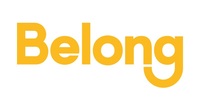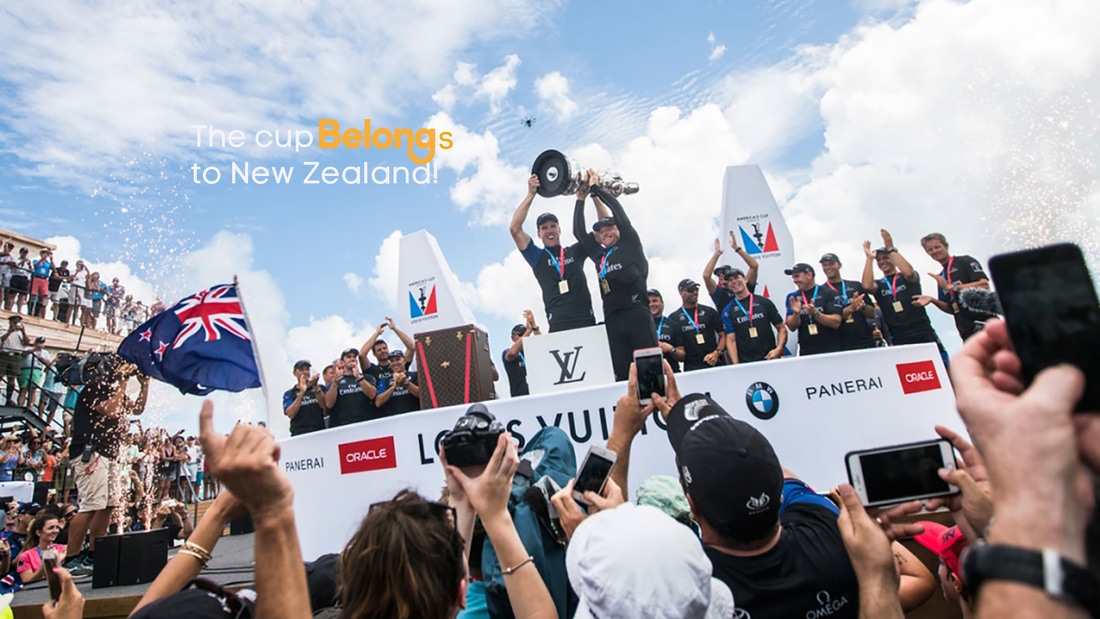|
Looking at things differently than everyone else can really pay off.
In Auckland today, we are celebrating the amazing America’s Cup win of Team New Zealand. As Hannibal Smith on the “A-Team” used to say – “I love it when a plan comes together”. Emirates Team New Zealand chose the daring, different path to victory. CEO Grant Dalton set the tone for the campaign early by saying "Let's just throw the ball as far away as we can this time and try and get to it". That meant challenging everything they ‘knew’ about sailing, in an effort to create improvement. They bravely challenged conventional wisdom. Sailboats have always used a system of winches and pulleys to adjust sails. To move them, someone standing up turned winches using arm power. In the latest America’s Cup, these winch grinders have powered sophisticated hydraulic systems. Team New Zealand were brave enough to think very differently about this problem. Their designers knew that leg power could generate more force than arm power. Why not replace arm-powered winches with leg-powered cycles? The Kiwis showed up with a boat with 4 guys pedaling instead of 4 guys turning traditional winches. They turned Olympic cyclists into sailors, realizing that the crucial task was the ability to generate power forcefully and constantly. Their opponents and sailing traditionalists ridiculed the radical approach. “That’s not sailing!” “They won’t be able to keep it stable – they’ll fall out of the boat” “It looks ridiculous!”. Until they saw how the New Zealand boat could manoeuvre with the additional power. All of a sudden it wasn’t so ridiculous. Team New Zealand also looked at the makeup of the team, and realised that this was a young person’s event. Helmsman Peter Burling is 26, and the rest of the crew except for skipper Glen Ashby about the same age. They knew this America's Cup was as much an athletic and reflex contest as it was a tactical sailing race for the ‘old salts’. So they committed to a young crew, but surrounded them with coaches and mentors who could help them learn and improve. When all of the other competitors went to the competition venue to train, they stayed in New Zealand, training on their own. They sacrificed the opportunity to compare their setup with others, and get some race practice, to hone their own skills in private. Finally, they were the only competitor that did not sign a pre-agreement that would have set the rules and basis for future America’s Cups in advance. Instead, they preferred to stick with the traditional America’s Cup path, where the winner of the Cup broadly decides the rules for the next defence. This set them at odds with the other competitors, and cast them as a ‘lone wolf’ at the completion. The result? Comprehensive victory. The America’s Cup is coming back to New Zealand. We are looking forward to welcoming the team home at the victory parade next week. Looking at things differently can have benefits in business as well. Our business, Belong, looks at employee benefits a very different way. We are super-focussed on the ‘whole of life’ needs of the employee. The employee is at the heart of what we do. This contrasts with the usual employer-focussed approach, where the employer fully dictates the things they want their people to have. Many companies offering benefits to their people offer the same thing to everyone in the name of fairness. This is nice, but while some part of the workforce might really value a subsidised gym membership, other parts of the workforce don’t find that attractive at all, and would much rather get support to learn a new skill. I call this ‘one size fits none’. Most companies are also really unaware of the ‘outside of work’ skills and interests of their people. We think this is a real opportunity for companies to both value and support their people’s ‘work/life balance’ – but also to think differently about personal development. Instead of sending people on courses – why not encourage the development of those same skills through supporting personal activities? If James in accounts is showing promise as a budding project manager, and you’re aware that he’s part of a fundraising project for his sports club, why not support him with advice and support on that project? We believe that if we do a great job of meeting the employee’s needs at work and also at home, that employees will be happier, and they’ll appreciate their employer more. We also believe that giving the employer better insights into the kinds of things that their people are interested in will allow them to be better employers. The story of breakthrough success almost always involves looking at something differently, and having the courage to commit to a new way of doing things. Will this result in the same kind of success for us as it has for Team New Zealand? Time will tell – but the history of innovation tells us that looking at a problem differently is an important ingredient for ultimate success. We’re loving being in the race! Comments are closed.
|
AuthorHans Frauenlob and a range of special guests Archives
May 2018
Categories
All
|


